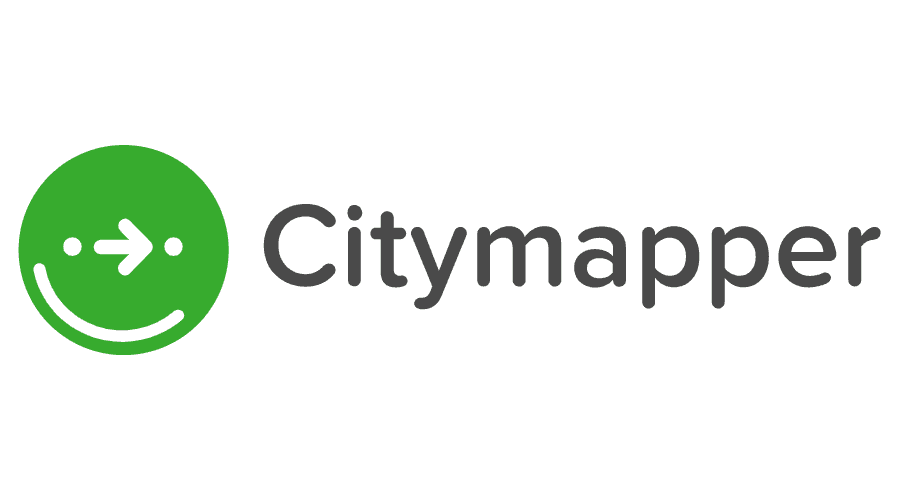- MyFounders.Club Middle East Newsletter
- Posts
- The 4 myths about VC
The 4 myths about VC
Venture Capital Isn't Default. It's a Choice. Inspired by Tim Deeson.
VC dominates startup funding conversations. Like any default, it rarely gets questioned. But choosing VC should be strategic—not automatic.
Let’s be clear: this isn’t anti-VC. When aligned with hyper-growth goals, it’s rocket fuel. But not every company is a rocket. And founders deserve to know the myths distorting their decisions:
VC is the only way to fund a startup or build a big business
Raising lots of capital is inherently 'good' or likely to make you successful
The goal of a VC is to help founders succeed
Founders and angels always get paid in big exits
Let’s bust them…
Myth 1: “VC is the ONLY way to build a big business”
Reality: Bootstrapping, seedstrapping, debt, and PE fund giants every day.
Proof:
🦈 Gymshark: £1B valuation before taking any VC (£21% stake sold in 2020)
⚡ Zapier: Raised $1.3M in 2012 → $5B+ valuation by 2021
✉️ Mailchimp: $0 raised. Sold for $12B to Intuit (2021)
The Lesson:
“VC is a tool—not a destiny.”

#1 Ben Francis grew Gymshark to a £1bn valuation before selling a 21% stake to General Atlantic in 2020 (source)

#2 Zapier raised just $1.3m in 2012 and never raised again (Seedstrapping salute! 🫡). By 2021, their estimated valuation was $5bn+ (source)

#3 Mailchimp never raised a penny - they were funded by their profitable digital agency business (another Seedstrapping salute! 🫡). Sold to Intuit in 2021 for $12 billion (source)
Myth 2: “Raising more = success”
Reality: Capital ≠ competence. Overfunding masks flaws.
Cautionary Tales:
📉 Hopin: Raised $1B → sold assets for $15M
🪑 WeWork: $11B raised → bankruptcy (2023)
🧫 Theranos: $700M raised → $0 product → fraud conviction
The Irony:
The louder the hype, the harder the fall.
#1 Hopin Raised $1bn+ in under two years, with a peak valuation of $7.75bn. Eventually sold its core assets to RingCentral for $15m - a clear reminder that raising big doesn't guarantee lasting success. (source)

#2 WeWork Raised over $11bn in funding, with a peak valuation of $47bn in 2019. After a failed IPO and restructuring, the valuation dropped to $9bn, then to bankruptcy in 2023. By late-stage funding, co-founder Adam Neumann's ownership had fallen to ~10%. (source)
#3 Theranos Huge funding, glowing press, but no actual product. Raised more than $700m with a peak valuation of $9bn but ended in a fraud conviction for founder Elizabeth Holmes.
Myth 3: “VCs exist to help founders”
Reality: Their duty is to LPs—not you.
Truth:
VCs optimize returns for their investors. Your success? A means to an end.
Founder Implications:
Board seats = investor control
Downside protection clauses
Forced pivots toward "fund-returning" outcomes

Myth 4: “Big exits = big payouts for founders/angels”
Reality: Liquidation preferences gut your returns.
The Math:
£50M exit
VC invested £30M (60% ownership, 1x participating pref)
→ VC takes £30M FIRST
→ Remaining £20M split: VC £12M + Founder £8M
Liquidation Preference Example (Participating)
Exit value: £50 million
Investor investment: £30 million
Investor terms: Participating preferred shares with a £30m liquidation preference
Ownership split: Investor 60%, Founder 40%
Founder Result: 16% of exit value despite 40% ownership.
Total payouts:
Investor: £30m + £12m = £42 million
Founder: £8 million
💀 Brutal Case Study: Citymapper
Crowdfund investors paid £2.71/share (2021)
Acquired for 80p/share (2023)
→ 70% loss despite millions of users

Founded in 2010, the urban transport app Citymapper is a great example of an award-winning, much-loved product with millions of users globally. But it's also unfortunately a clear case study of a great product, poor business.
Citymapper raised a total of $60m from investors with a peak valuation of $365m in 2016. Private investors who participated in an equity crowdfunding round in 2021 bought their shares at £2.71, only to receive a forecast 80p per share when Citymapper was ultimately acquired by Via in 2023.
The valuation of this acquisition wasn't disclosed, but TechCrunch reported that it was 'well below' $100m. (source)
The Bottom Line
Before taking VC:
Ask: “Does my business need rocketship growth?”
Model liquidation waterfalls (assume 1x participating pref)
Weigh control vs. capital
Alternatives aren’t plan B—they’re strategy A.
Your equity isn’t just stock. It’s sovereignty.
Reply